
PR
Kyoto has been experiencing intense heat since the end of July. When we celebrate Obon, we have the image of the end of summer when we see the Daimonji Okuribi. But, one more thing.An event originating from Kyoto that is essential in late summerThere is.Jizo trayis. Unlike the general "Obon", the period betweenThe main character is a child. Therefore, it is also called ``Children's Obon''.On the Saturday and Sunday around the 24th, which is the Jizo's monthly festival, Jizo bon lanterns are hung and lit on street corners throughout Kyoto.
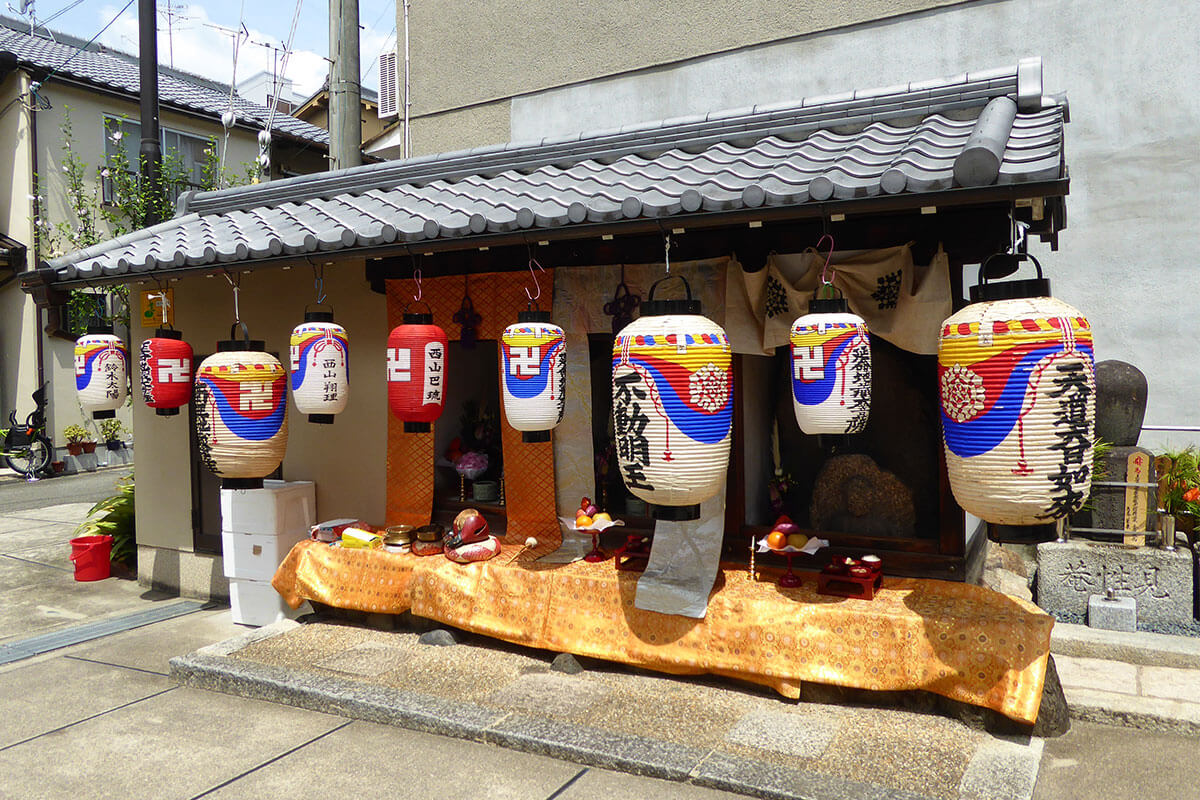
Decorating the Jizo-bon
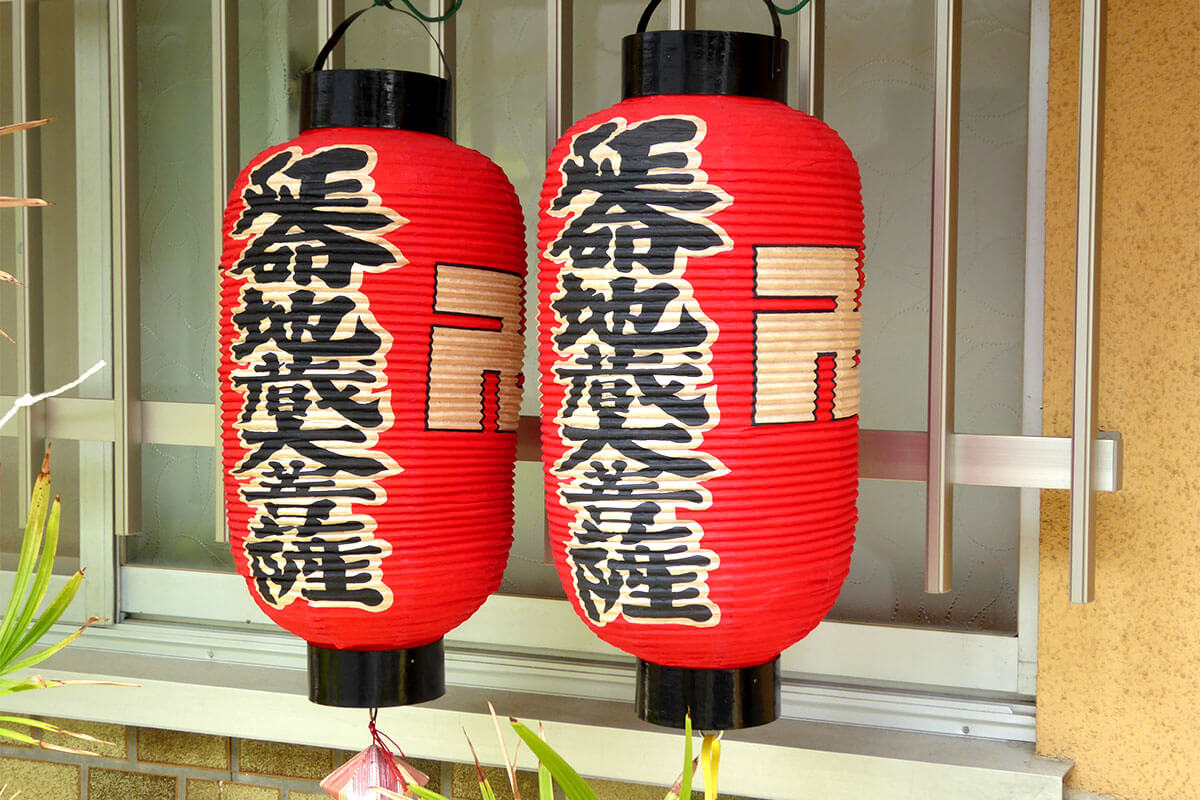
Jizo-bon lantern
from long agoJizo (Jizo Bosatsu) is a guardian deity who saves children from demons in hell.It is said that It is a familiar presence that is enshrined on street corners and in the mountains, and is used to pray for traffic safety. To that Jizo,Jizo-bon is a place to convey your daily gratitude.That's how it is.
Its origin isHeian perioddates back to Ono Takamura, who is said to have gone to the dead of hell every night from the well of Rokudo Chinnoji Temple, was impressed when he saw a Jizo he met on his way to the dead, saving people who were suffering in hell. It is said that he carved six Jizo statues. It is said that it was connected to Jizo-bon from there.
“Jizo” is called Kshitigarubha in Sanskrit. Kushti = earth, Garbha = womb. It seems that the name Jizo came from the words ``chi'' (earth) and ``zo'' (kura), which means to enclose (like a womb). Jizo Bodhisattva belief spread among the aristocratic society of the Heian period, but as time progressed,During the Muromachi period, the first shogun, Takauji Ashikaga, believed in Jizo, and this belief spread among the people.I heard that you did.
Now, as Jizo-bon approaches, the neighborhood association suddenly becomes hectic. From a shrine in the townHave the Jizo move you, wash yourself thoroughly, apply makeup, and put on the apron. Jizo statues are placed on three- and four-tiered hinadan, decorated with offerings of flowers, fruits, water, and rice cakes, and lanterns are hung.
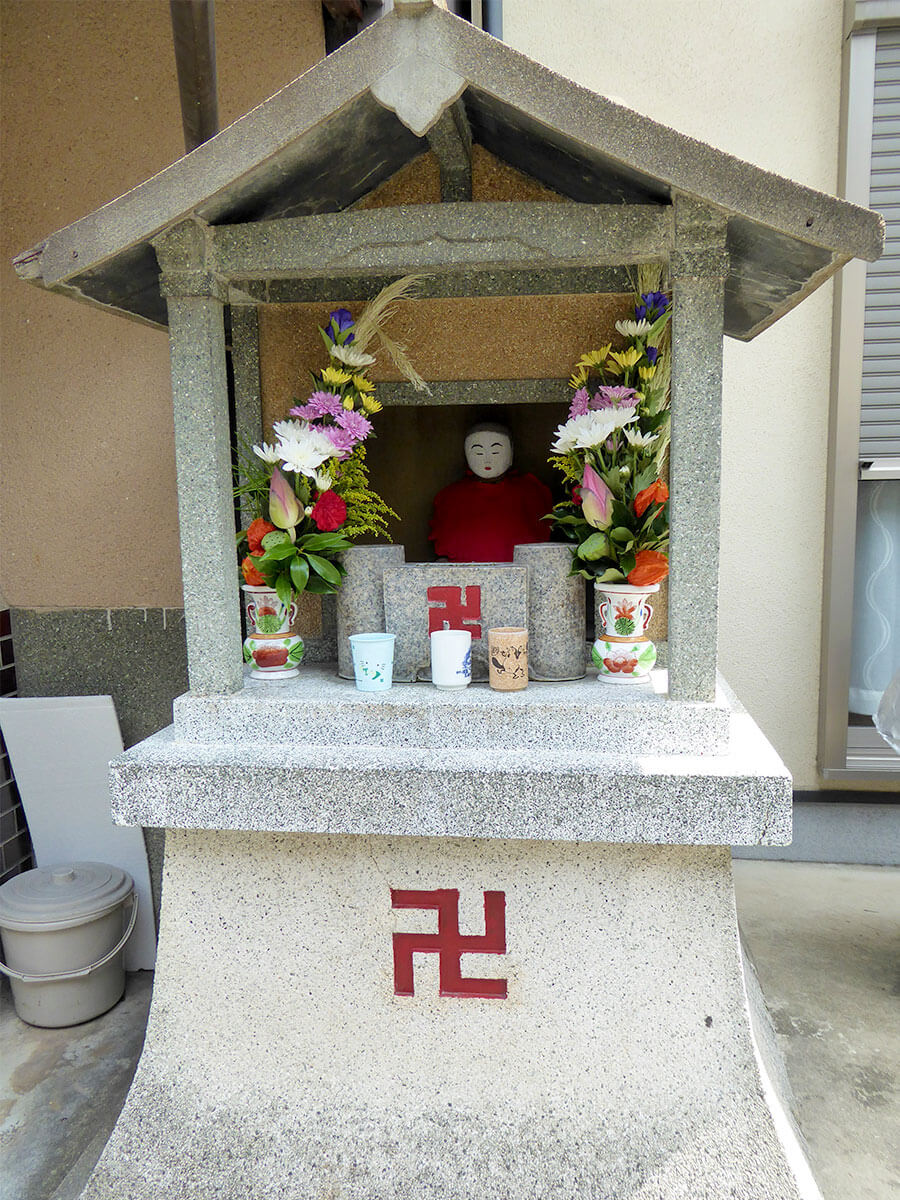
Jizo statue with makeup applied
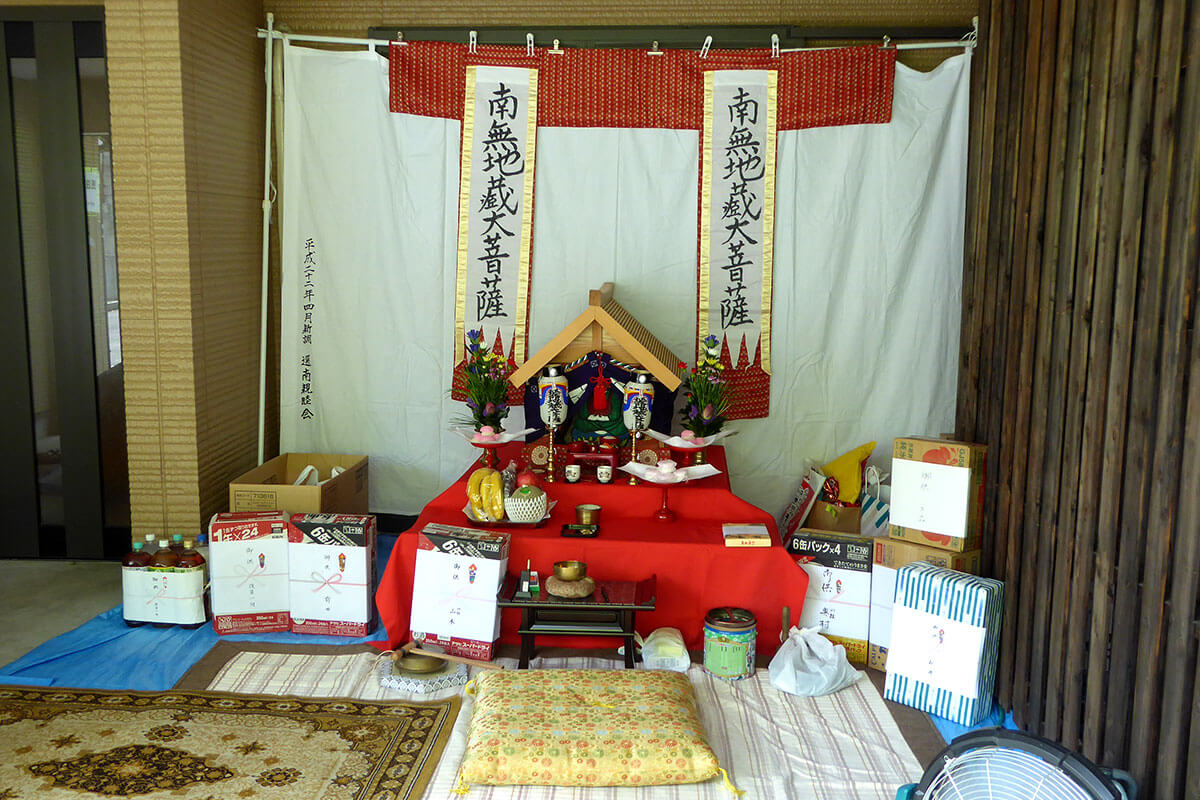
A corner of the garage? Decorating the tiers of the Jizo tray
When you are ready,Adults and children from around the town gather together for a Buddhist monk to read sutras, and in some places, rosaries are held.Lottery draws and games are held, and snacks, which the children look forward to the most, are distributed.
In the past, Jizo-bon had a strong religious meaning. Even now, some neighborhood associations enshrine the spirits of those who have passed away in the neighborhood by displaying ancestral memorial tablets or paper with the deceased's posthumous name written on it, and on this occasion they offer gratitude and memorial services.
However, recently there have been fewer children attending Jizo-bon festivals, and some neighborhood associations have seen only adults gathering and chatting. I have very complicated feelings...
Starting with the Gion Festival, the Rokudomairi, Daimonji no Okuribi, and Jizo Bon. All of them are people's joy and wisdom for surviving the intense heat, and have connected the hearts of local people.When I see Jizo-bon, I feel sad for the end of summer and want to feel the signs of autumn as soon as possible.and are mixed together,This year too, I feel a strange feeling.It was.
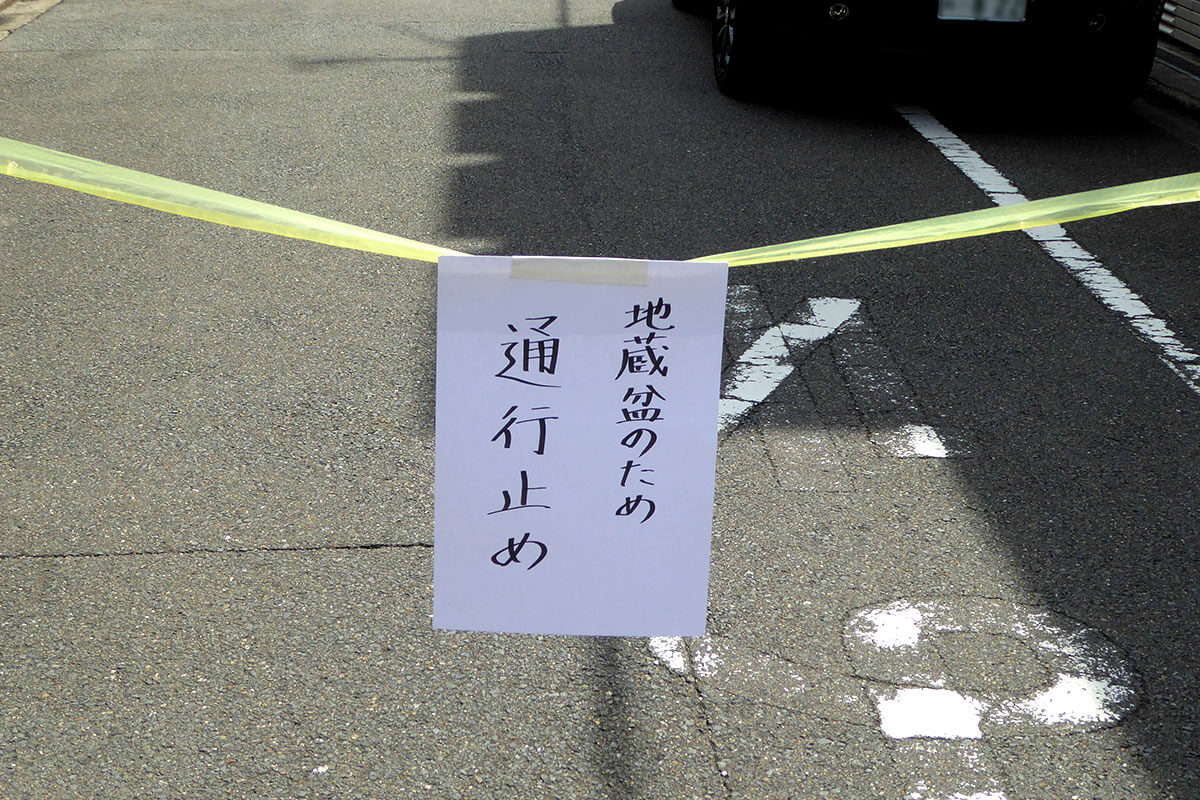
On Jizo-bon Day, many alleys are closed to traffic.
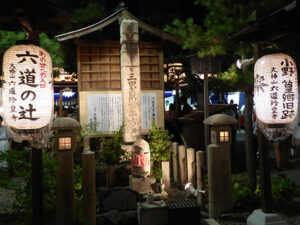
Separate the worlds of the living and the dead
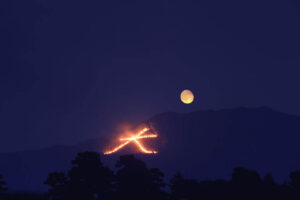
Speaking of August 16th at 8pm...
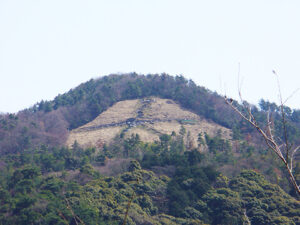
A power spot that exorcises disasters
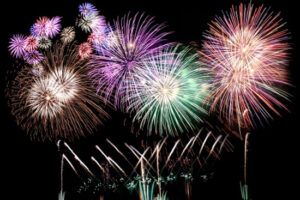
Fireworks at Kamogawa during the Edo period!?
Tradition that exists everywhere in the city of Kyoto. It is not just a picture, it is secretly alive in this modern age and continues to coexist with people. The two of Office TO, who previously wrote a series of articles "Kyoto's Demon World Exploration" in the monthly magazine Leaf, explore the mysterious "different" world of Kyoto, which was created over 1200 years. I will unravel the story while actually visiting the place. .
 News
News Feature article
Feature article Featured event
Featured event